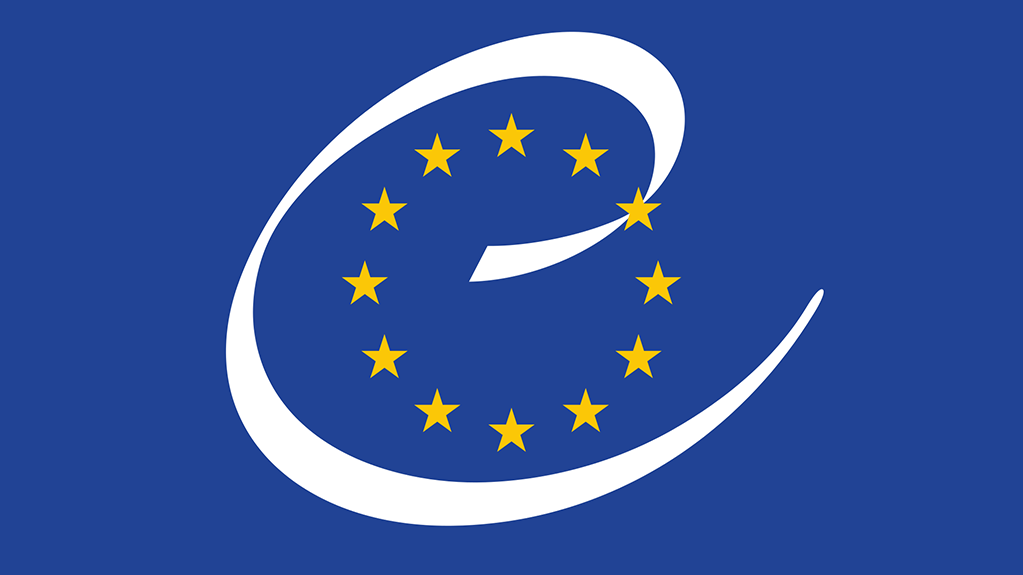Based on the statement of the Council of European Experts, it is impossible to substantiate that the Russian Law on so-called Foreign Agents, adopted by the Parliament of Georgia, complies with European and international standards.
News
The 25-page document examines the provisions of the Russian Law one by one and their impact on civil society organizations. In conclusion, the experts write that:
- There are certain aspects of the Law which are unclear, notably as regards whether loans would be treated as income, the extent of indirectness bringing a particular source of income within the scope of its provisions and the deadline for requesting registration in the years after it would come into force and for making financial declarations.
- However, addressing such problems would not have been sufficient to bring the (draft) Law into conformity with the requirements of European and international standards.
- Even if it were accepted that there was a need for transparency of the entities that would be affected by the provisions in the Law, they do not comply with the requirement that restrictions affecting the right to freedom of association should be necessary in a democratic society.
- Thus, the restrictions entailed by the Law affects entities in an indiscriminate manner despite it being evident from Paragraph 1 of Article 1 that the activities of those subject to them are entirely legitimate.
- In addition, the purported retrospective inclusion of income received before the Law enters into force is clearly arbitrary in that those entities affected could not escape the obligation to register even if thereafter the income received from foreign sources was less than 20% of their total income.
- Furthermore, the Law imposes registration and financial declaration requirements when public awareness of the sources of income could be acquired simply through a requirement for the details to be published on the website of the entities concerned, something that is acknowledged already to be occurring as regards many entities.
- Moreover, many provisions impose requirements to disclose personal data that have no conceivable link with the supposed object of securing the transparency of the sources of income coming from foreign powers.
- In addition, the Law would establish a monitoring power which would be very extensive in its scope, affecting all civil society organisations and not just those that are to be regarded under its provisions as organisations pursuing the interest of a foreign power. This monitoring would be unnecessarily intrusive in its range and frequency.
- Finally, the Law makes provisions for the imposition of penalties that are manifestly excessive for a regulatory measure.
- Thus, the disproportionate nature of the requirements in the Law necessarily precludes them from being admissible for any legitimate aim being asserted.
- However, the legitimacy of the aim of the Law is itself open to question as there is nothing in its provisions that would support the view that it is appropriate to regulate certain entities solely on account of the source of their income as opposed to the nature of the activities which they undertake.
- This weakness in the rationale for the Law is compounded by the way in which it will necessarily lead to the unjustified stigmatisation of the entities concerned by making the assertion that they are pursuing the interest of a foreign power simply because of the source of some of their income. Such a link is not warranted because it ignores the consistency of those activities with both the law and Constitution of Georgia and of the international obligations and commitments which Georgia has itself undertaken.
- To sum up: there is no justification for this Law that would be consistent with European and international standards.
The Georgian Parliament adopted the Russian Law on so-called Foreign Agents in the third and final reading during the May 14 plenary session. 84 MPs supported it, while 30 were against it. The authorities did not take into account the warnings of international partners or the demand of continuous mass protests in the country to withdraw the law unconditionally. Although the president vetoed the law, stating that it contradicts several articles of the Georgian constitution, Georgian Dream plans to overcome it during the session week of May 27.















